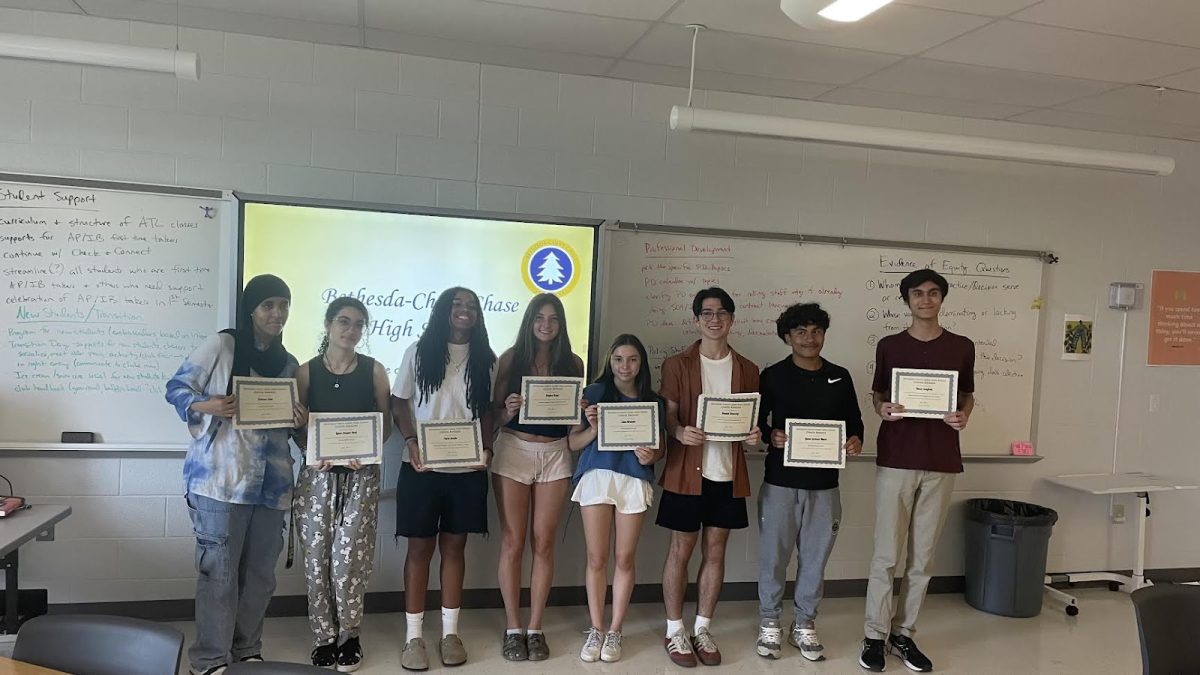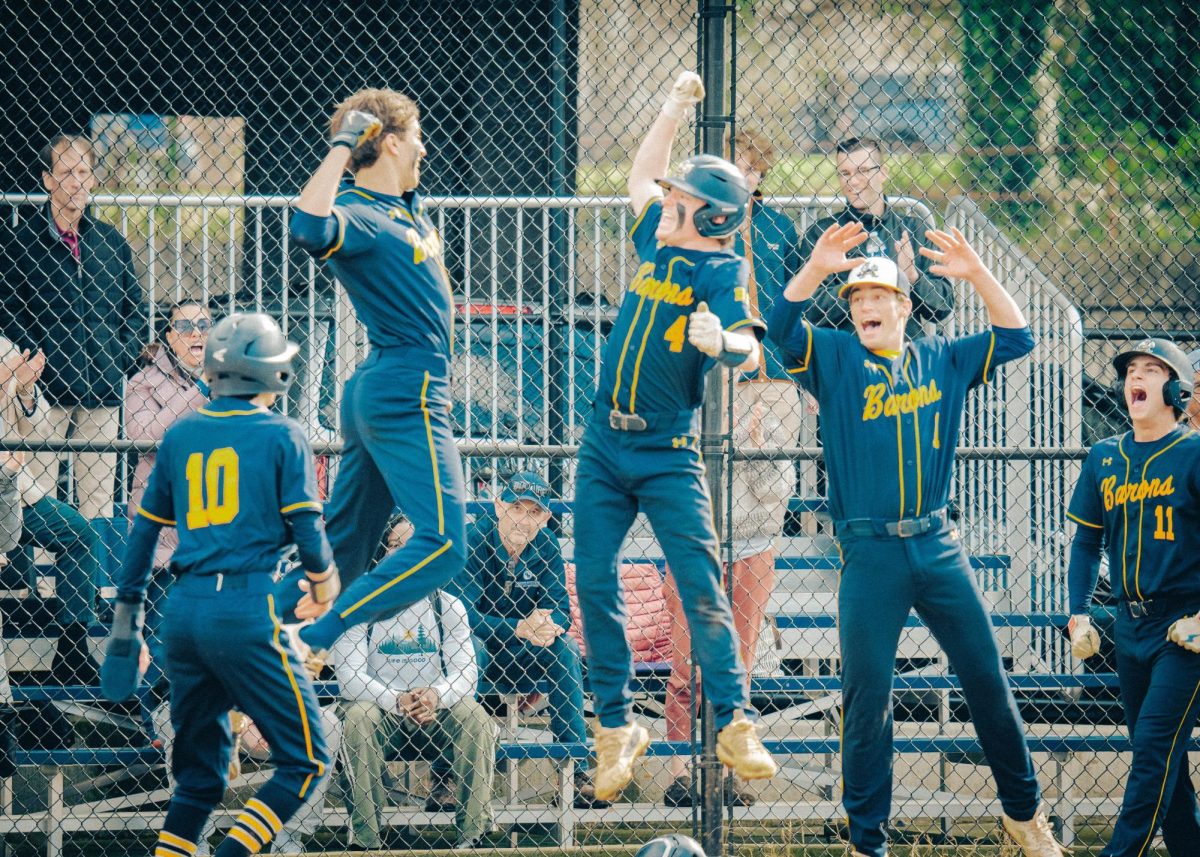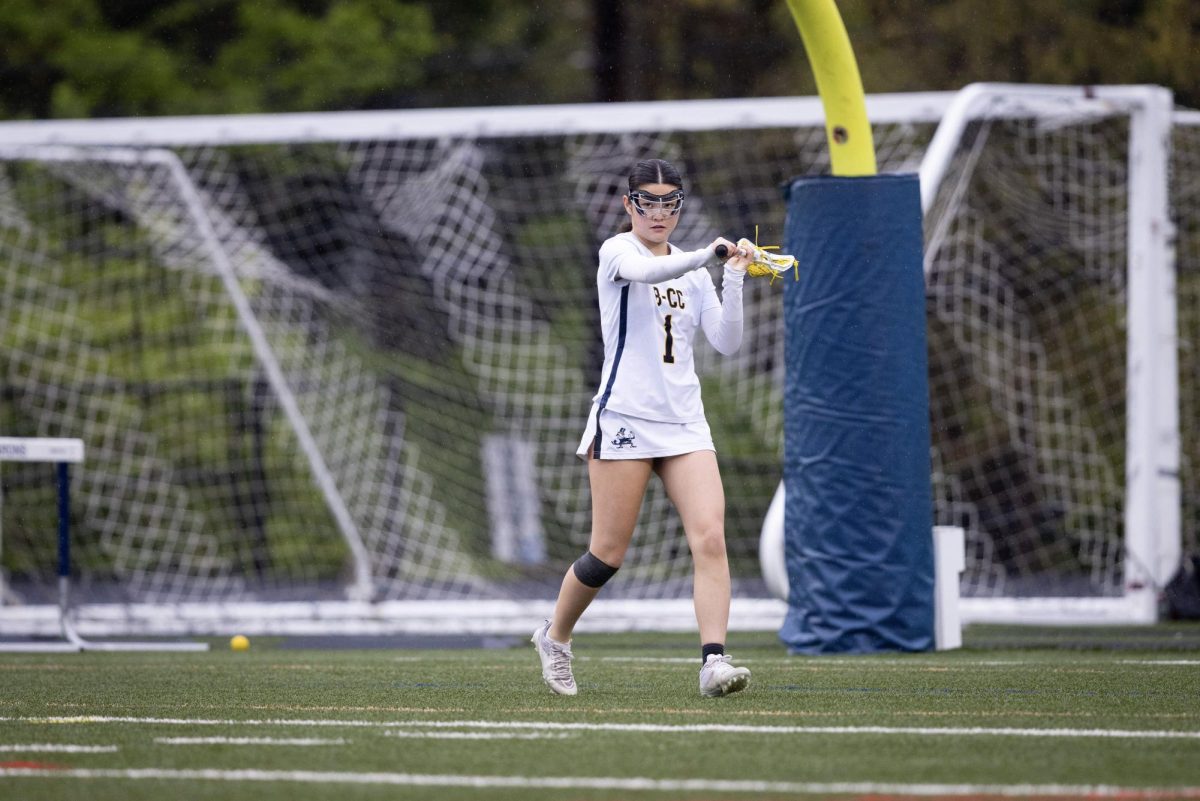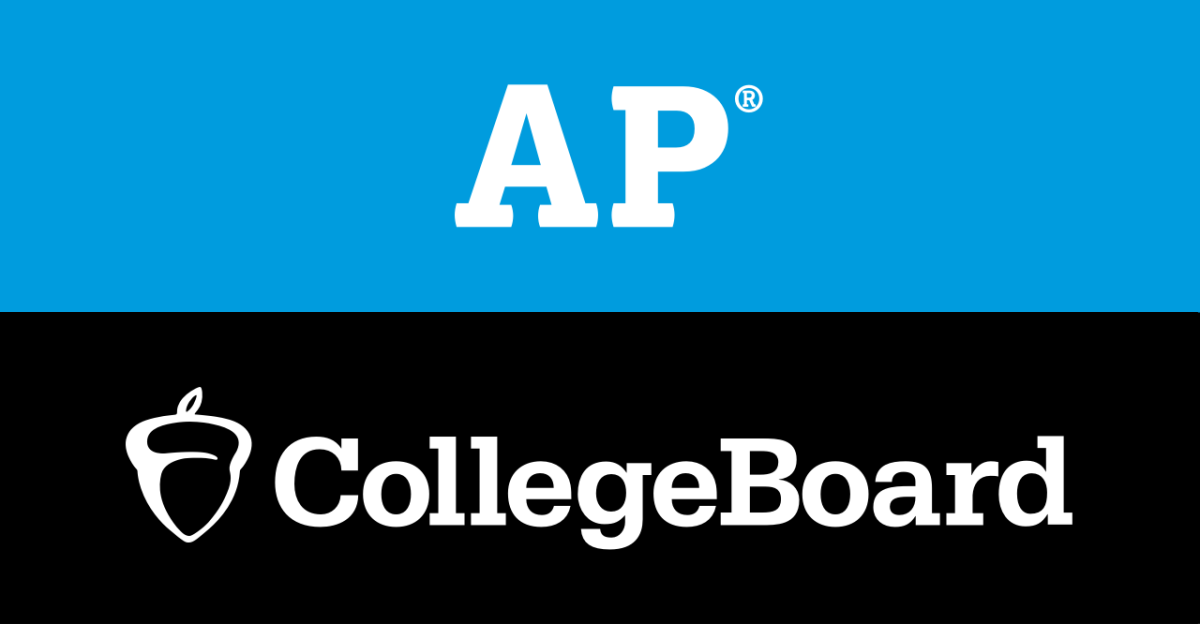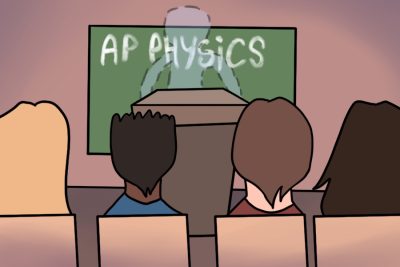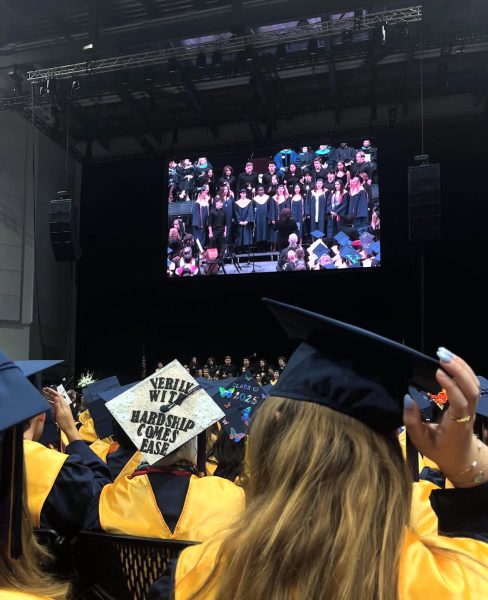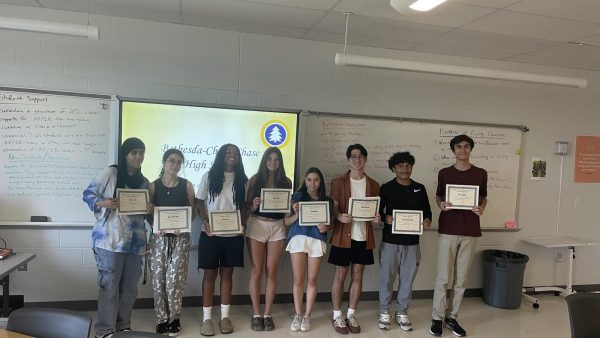MISSING: A Teacher
“We didn’t really know who we were going to get when we walked into class on the first day of school,” admitted Sam Lev, a B-CC senior in fourth-period AP Physics.
Over the summer, Lev and his classmates heard rumors about an open teaching position in their upcoming science course, which covered one section of AP Physics and IB Physics and three sections of Honors Physics. These rumors became reality as they completed their first month of school with a series of substitutes.
The first of which was Dr. Halperin, a former MCPS Physics teacher. With him, students found the rigor of the class to be appropriate for AP Physics. He taught the material, facilitated labs, and gave them assignments that were graded on accuracy. However, students found some of his statements to be inappropriate.
Senior James Bellew recalled a moment when Dr. Halperin grew frustrated and called a student the r-slur. “We were at a loss for words,” recounted Bellew. “Our room was a little quieter after the incident.” One student reported the incident to Dr. Mooney, B-CC’s principal. The following Monday, Dr. Halperin announced that “today might be [his] last day as [their] teacher,” and expressed his displeasure that the principal was approached instead of him.
Dr. Halperin didn’t respond to The Tattler’s request for a statement.
The next substitute, Mr. Fine, was also familiar with the course content as a former physicist for the federal government. He found the B-CC administration to be helpful as they connected him to Dr. McDonald, the head of B-CC’s science department. Due to Mr. Fine’s inability to access myMCPS classroom, a platform where MCPS teachers post course material, Dr. McDonald provided resources and assignments to students.
Although Mr. Fine received links to those materials so he could answer questions, he couldn’t enter grades like Dr. Halperin. Dr. McDonald also assumed that responsibility in addition to the various classes that he taught. He served as the primary coordinator for all things fourth-period AP Physics and quickly became a familiar face for students like Lev as more substitutes came after Mr. Fine.
Lev has kept up with assignments, which are mostly graded for completion now, but he expressed uncertainty about how much he has learned. Uncertainty was also present in discussions about the candidate applying to be the fourth-period AP Physics teacher.
At the beginning of the year, Lev and his classmates heard the candidate just had the fingerprinting process left. Yet weeks passed with no word or teacher until the PTSA’s town hall on Thursday, October 6, where parents and students discovered that final preparations, such as the acquisition of a driver’s license, were being made before the hire was finalized. No members of the B-CC administration attended the town hall.
However, AP Physics was an exceptional case of a prolonged hiring process. The AP Computer Science Java teacher was also absent during the first week of school due to the hiring process, but she began instructing by the second week.
Finally, on Monday, October 10, PTSA President Lyric Winik announced that the hire was finalized. Mr. Duncan Crane, a Brown alumnus who majored in physics and a 2018 B-CC graduate, is cleared to instruct fourth-period AP Physics as early as Monday, October 17.
Dr. Mooney commented that the search for Mr. Crane was challenging, to say the least. B-CC administration learned they had two vacant teaching positions for physics around mid-July when one teacher resigned and the other decided to take a year off. After advertising these vacancies, the administration found candidates relatively quickly.
One of the vacancies was filled by Mr. Dunne, a former Tennessee teacher, who also participated in staff pre-service. However, the other candidate who accepted the job offer backed out the week before pre-service, leaving only two weeks before the school year began.
This remaining vacancy was not the only challenge B-CC administration faced, Dr. Mooney pointed out, “Someone with a physics degree could go and work for a major engineering firm. Or maybe work remotely, which is something as a teacher is really hard to do…It’s hard for us to compete. And then, you know, when we talk about salary.”
Nevertheless, they found another candidate and worked with Montgomery County Public School’s Human Resources office to process his background check, fingerprinting, and paperwork. B-CC administration initially believed they would only have a week or two of substitutes for classes like fourth-period AP Physics as they waited for the processing to be finalized. Although the candidate passed every stage of processing, he ultimately didn’t assume the position either because he lacked the necessary ID.
Once again, the B-CC administration re-advertised the position and finally found Mr. Crane two weeks before he was cleared to begin teaching. In retrospect, Dr. Mooney admitted that the communication of these events to parents and students did not go “as well as it should have.”
“As we continued to drag on, I should have done a better job of weekly updates or every few days,” noted Dr. Mooney. “But we did send out [updates] via Synergy Mail, which is the easiest way for us to send to class lists. Ms. Sutton sent out at least two updates, and I sent out a third.”
There was a level of understanding of the situation. Clara Coukell, a senior in fourth-period AP Physics, remarked, “There definitely is a nationwide teacher shortage…I try to remind myself that even though this is a stressful and challenging thing to navigate, there are definitely places in the country where it would be so much worse.”
B-CC is now fully staffed and many hope to keep it that way. Although that remains to be seen, it’s evident conversations about staffing aren’t likely to die out anytime soon.
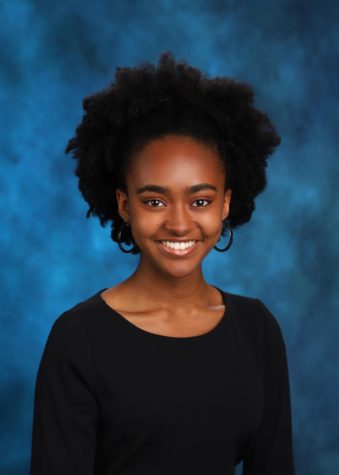
Obse Abebe, a B-CC senior, serves as one of The Tattler's Editors-in-Chief. Her passion for journalism stems from her desire to empower the masses with...
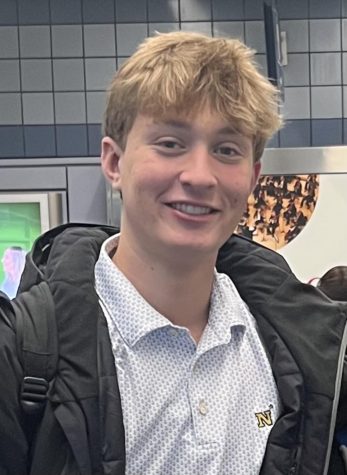
Bennett Galper, a B-CC junior, is a section director who specializes in News. He also serves as the Editor-in-Chief of The Amplifier, Montgomery County's...

Claire Wang, a B-CC senior, serves as the Co-Director for The Tattler's Art Team and a contributing writer. She also has two dogs and two cats.




